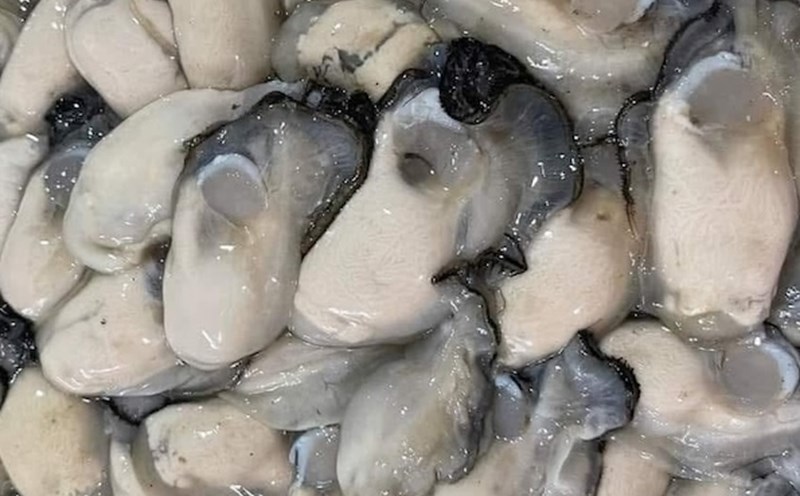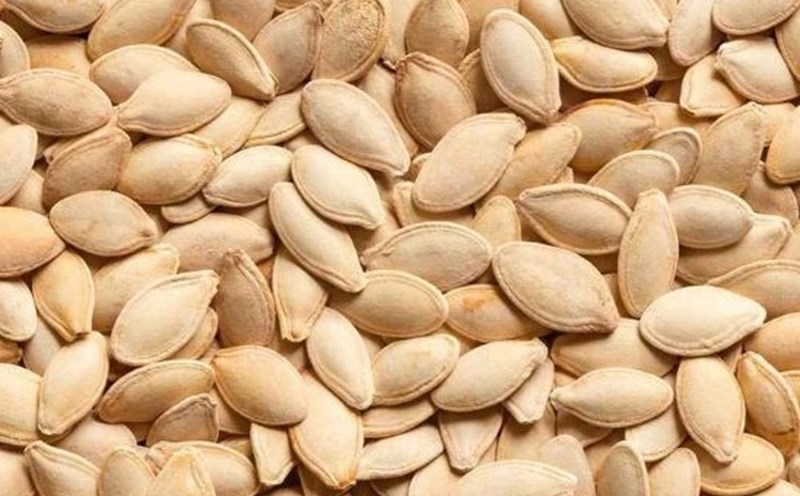The World Health Organization (WHO) said that zinc deficiency is associated with a higher risk of infection, slow wound healing and a weakened immune system.
In the animal food group, oysters are considered the richest source of zinc. Only 6 oysters provided more than 30 mg of zinc, double the recommended daily requirement for adult men. Oysters are also rich in protein and vitamin B12, which are good for the brain and nervous system.
Beef
Beef is a popular food containing a lot of zinc. A 100g serving of lean beef provides about 5 mg of zinc, while also supplementing iron and vitamin B6, helping to maintain energy and muscle health.
Chicken
Chicken, especially the breast and thighs, is not only rich in low-fat protein but also provides a significant amount of zinc, supporting immunity and maintaining a reasonable weight.
Eggs
Eggs are also a familiar source of zinc, each egg provides about 1 mg of zinc along with vitamin D, choline and the antioxidant lutein, helping to protect the eyes and brain.
Milk
In addition, milk and dairy products such as cheese and yogurt both supplement calcium for strong bones and provide zinc to help the body maintain a strong immune system.
Dr. Emily Ho, Director of the Oregon Biochemical Research Center (USA), said: Zinc is the key for the body to create and activate immune cells. A diet rich in zinc will help us fight the flu and many other infectious diseases better.
Experts recommend that the daily requirement for zinc is 8 mg for women and 11 mg for adult men. Supplementing through natural foods, especially from animals, is the safest and most effective way to maintain health.











